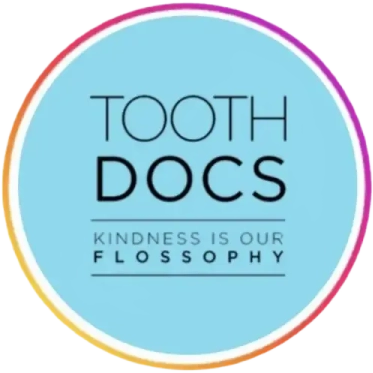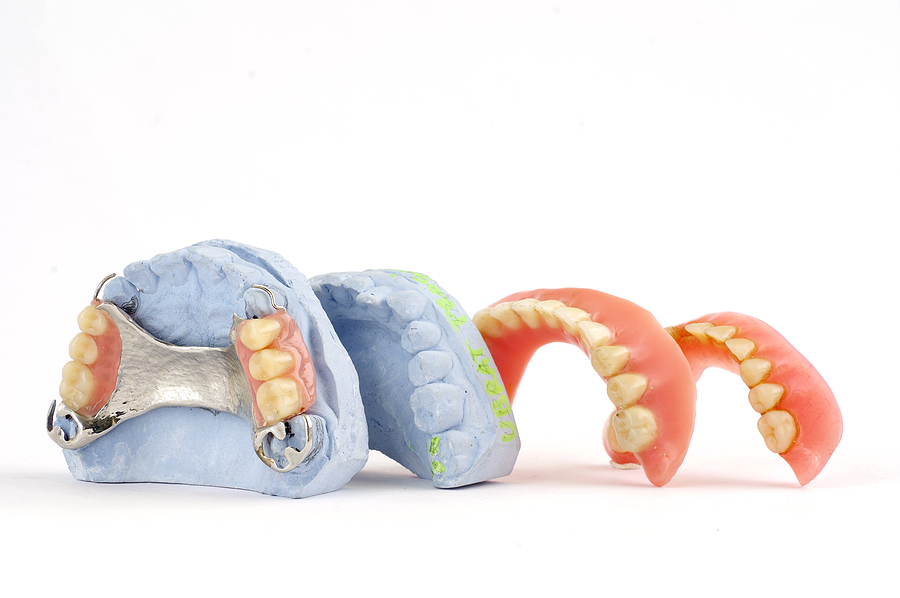
Caring for Your Child's Teeth: Tips for Parents on Establishing Good Oral Hygiene Habits Early
When it comes to your child's health, oral hygiene is often overlooked. Yet, establishing good dental habits early on lays the foundation for a lifetime of healthy smiles. Did you know that nearly 20% of children ages 2 to 5 have untreated cavities? As parents in New York City navigate busy schedules and endless activities, prioritizing pediatric dentistry can be challenging but essential. The journey toward excellent oral health doesn't have to be daunting; with the right tools and techniques, you can make this experience enjoyable and fulfilling for both you and your little one. Let's explore how to create solid dental habits that will keep those tiny teeth shining bright!
Common Dental Issues in Children and their Causes
- Children often face a variety of dental issues, with cavities topping the list. These arise from sugary snacks and poor brushing habits. When plaque builds up on teeth, it can lead to decay.
- Another common problem is early tooth loss. This may happen due to injury or untreated cavities. Losing baby teeth too soon can affect how permanent teeth grow later.
- Misalignment and bite issues are also prevalent. Factors such as thumb sucking or prolonged use of pacifiers play a role here.
- Gum disease, although less frequent in young children, can occur if oral hygiene is neglected. Bleeding gums and bad breath are signs that shouldn’t be ignored.
Understanding these problems helps parents take proactive steps for their child's oral health journey.
How to Introduce Proper Oral Hygiene Habits at a Young Age
Establishing good oral hygiene habits early sets the foundation for a lifetime of healthy smiles.
- Start by making brushing fun. Use colorful brushes or playful songs to engage your child during their routine.
- Introduce them to brushing as soon as their first tooth appears. This creates familiarity and comfort with dental care from the very beginning.
- Set an example by brushing together. Children love to mimic adults, so turn it into a family activity. Show them the correct technique—gentle circular motions on all surfaces of each tooth.
- Make daily flossing part of their routine, too, even if they only have a few teeth. It’s essential for preventing plaque buildup between those tiny spaces.
- Keep communication open about why these habits matter. Share stories or books that highlight characters who prioritize dental health, reinforcing its importance in a relatable way. Contact us to learn more.
Tips for Choosing the Right Toothbrush and Toothpaste for Your Child
- Selecting the right toothbrush for your child is crucial. Look for a soft-bristled brush designed specifically for kids. These are gentler on little gums while effectively cleaning teeth.
- Size matters too! Choose a toothbrush that fits comfortably in their small hands and mouth. This encourages them to enjoy brushing rather than feel frustrated.
- When it comes to toothpaste, opt for fluoride options made for children. The flavor should appeal to them, whether it's bubblegum or strawberry. It’s essential they actually want to use it!
- Always check the packaging for age recommendations, ensuring the product suits your child's needs. Teaching good habits starts with making dental care fun and approachable.
- Regularly replace the toothbrush every three months or sooner if bristles become frayed. Keeping things fresh helps maintain excitement around oral hygiene routines!
The Role of Diet in Maintaining Healthy Teeth
A balanced diet plays a crucial role in maintaining your child's dental health. Foods rich in calcium, like cheese and yogurt, strengthen tooth enamel. Crunchy fruits and vegetables, such as apples and carrots, help clean teeth naturally.
Sugary snacks can lead to cavities if consumed frequently. Limiting sugary treats reduces the risk of decay significantly. Instead, opt for healthier alternatives like nuts or whole-grain crackers.
Hydration also matters—water helps wash away food particles and bacteria that cause plaque buildup. Encourage your child to drink water regularly throughout the day.
Incorporating foods high in vitamin C supports gum health too. Citrus fruits and leafy greens can be delightful additions to their meals while promoting strong gums.
Instilling good dietary habits early on sets the stage for a lifetime of healthy smiles.
Visiting the Dentist: When and Why it is Necessary
Taking your child to the dentist can feel daunting, but it’s a crucial part of pediatric dentistry in New York, NY. The American Academy of Pediatric Dentistry recommends scheduling that first visit by age one or when their first tooth appears. Early visits help establish a dental home.
Regular check-ups are vital for monitoring development and identifying potential issues before they escalate. Dentists can catch cavities early, address alignment concerns, and provide necessary treatments.
Additionally, these appointments allow children to become familiar with the dental environment. This familiarity helps reduce anxiety for future visits.
Don’t overlook the importance of preventive care as well. Professional cleanings remove plaque buildup that brushing at home may miss. These routine visits lay the groundwork for lifelong oral health habits and ensure that your child's smile remains bright and healthy throughout their childhood years.
Dealing with Fears or Resistance from Your Child towards Dental Care
It's common for children to feel anxious about dental visits. A new environment, strange tools, and unfamiliar faces can be overwhelming. As a parent, your approach plays a crucial role in easing their fears.
- Start by talking openly about what happens at the dentist's office. Use simple language they can understand. Sharing positive experiences or stories of other kids can help demystify the process.
- Consider involving them in choosing their toothbrush or toothpaste. This gives them a sense of control and makes oral care feel fun rather than daunting.
- Practice dental routines together at home. Make it playful—sing songs while brushing or use fun apps that teach proper techniques through games.
- If your child continues to resist, don’t force the issue immediately. Instead, take breaks as needed and gradually introduce more frequent conversations about why caring for teeth is important for everyone’s health, including theirs.
Conclusion
Caring for your child's teeth is an essential part of their overall health and well-being. Establishing good oral hygiene habits early on can set the foundation for a lifetime of healthy smiles. Parents play a crucial role in this journey, guiding their children through proper brushing techniques and encouraging regular dental visits.
By understanding common dental issues that children face, such as cavities or misalignment, you can take proactive measures to prevent them. Choosing the right toothbrush and toothpaste tailored to your child’s needs makes brushing more effective and enjoyable.
Diet also significantly impacts oral health; offering nutritious foods while limiting sugary snacks will benefit not just their teeth but their general health too. Regular check-ups with a pediatric dentist are vital—they help catch potential problems before they escalate.
If your child has fears about visiting the dentist, addressing those feelings openly can ease anxiety over time. Making dental care fun and engaging may transform how they view maintaining good oral hygiene.
Prioritizing these practices today will pave the way towards healthier tomorrows for your little one’s precious smile—setting them up for success in both dental health and self-confidence as they grow older.
Locations
630 5th Avenue Suite 1815, New York, New York 10111
Phone: (212) 969-9490
Email: info.nyc@toothdocsdental.com
- MON - FRI9:00 am - 5:00 pm
- SAT9:00 am - 4:00 pm
- SUNClosed
1044 Northern Blvd., Suite 106, Roslyn, New York 11576
Phone: (516) 625-0088
Email: info.roslyn@toothdocsdental.com
- MON9:00 am - 6:00 pm
- TUE9:00 am - 5:00 pm
- WED9:00 am - 6:00 pm
- THU - FRI9:00 am - 5:00 pm
- SAT - SUNClosed













comments